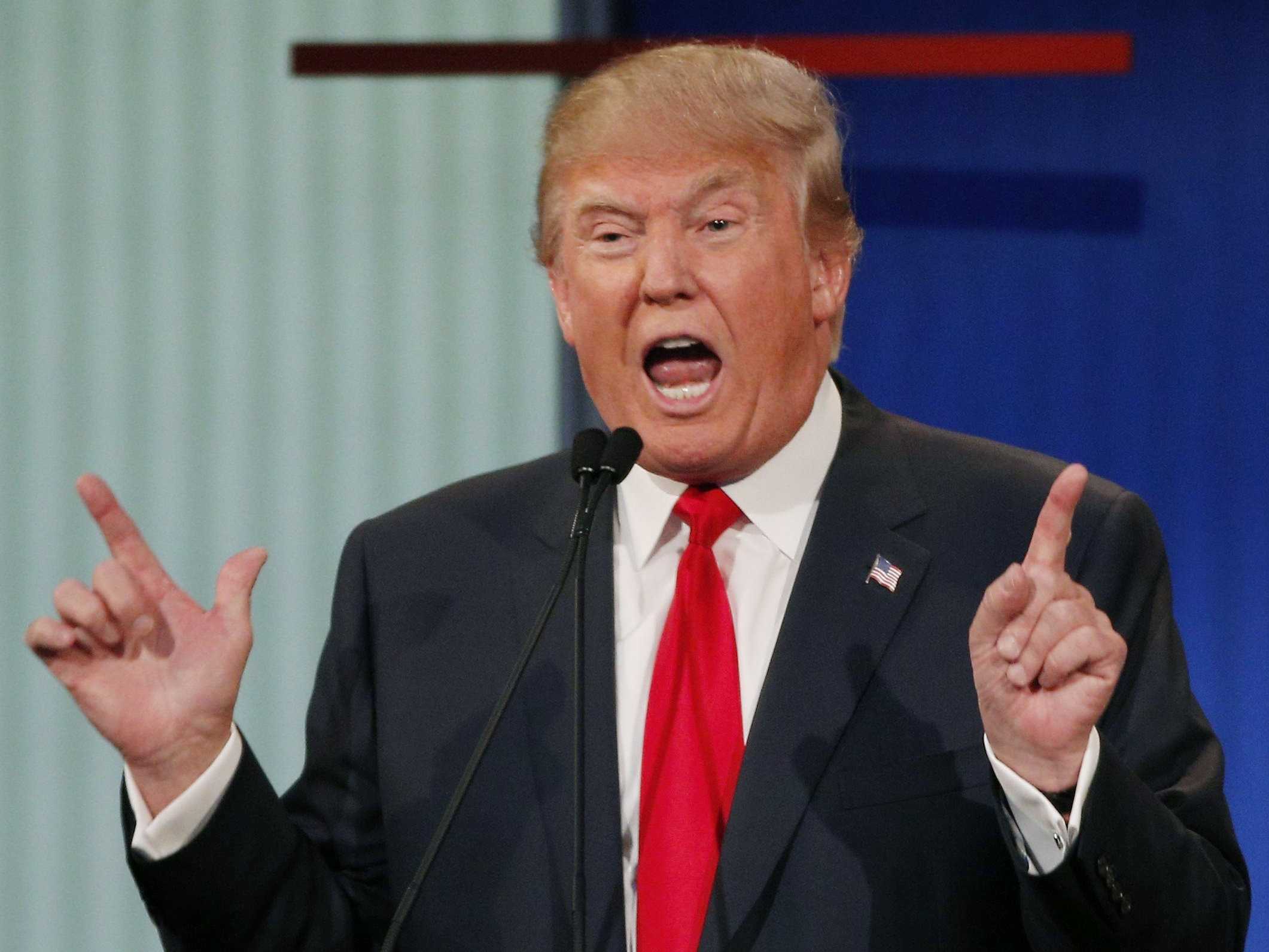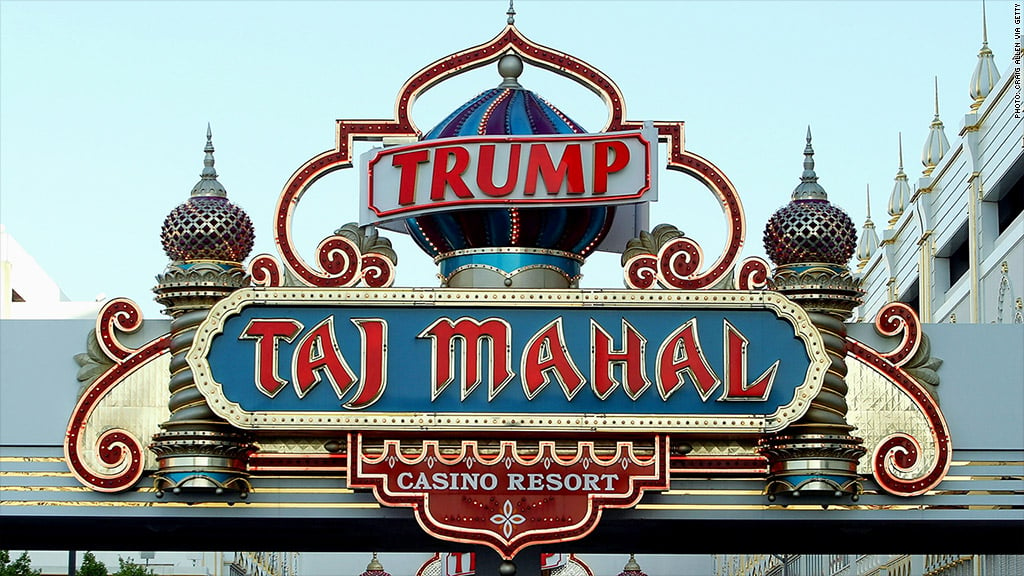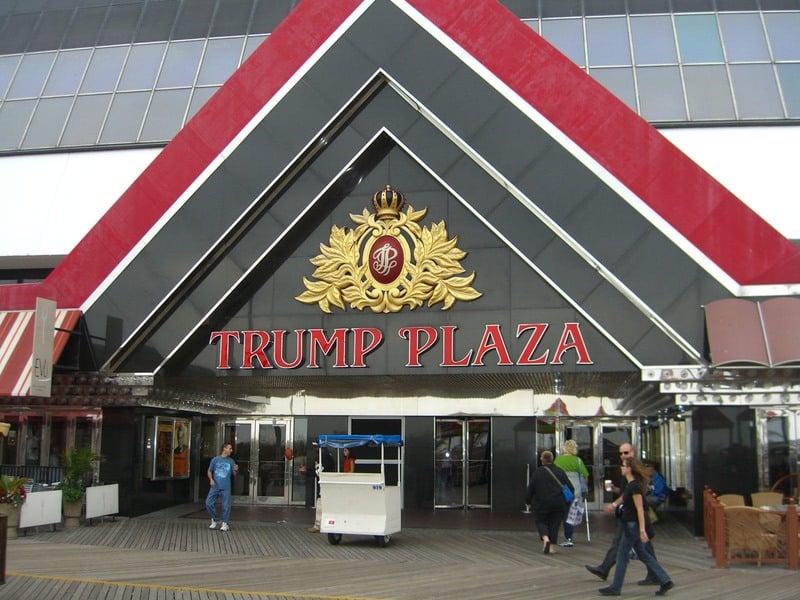Donald Trump and the Rise and Fall of His Casino Empire
Trump-speaking. (Credit:businessinsider.com)
Donald Trump, best known today for his role in American politics, also has a storied-and often tumultuous-history with the casino industry. Once a high-profile casino mogul in Atlantic City, Trump's ventures left a lasting mark on the landscape of U.S. gambling, with outcomes as grandiose and controversial as his public persona.
Trump’s Entry into Atlantic City: Strategic Acquisitions
Donald Trump’s involvement in the casino business began in the early 1980s with a sharp focus on Atlantic City, one of the most vibrant U.S. gaming destinations at the time. His journey officially started when the New Jersey Control Commission granted him his first casino license on March 15, 1982. Although he initially intended to build an entirely new casino under his own brand, Trump opted instead to partner with Harrah’s, leading to the opening of the Holiday Inn Casino Hotel. By 1986, just two years after its debut, Trump had secured a controlling interest and renamed the property Trump Plaza Hotel and Casino.
(Credit: cnn.com)
In a flurry of further acquisitions throughout the mid-1980s, Trump expanded his casino empire significantly. He purchased the Atlantic City Hilton Hotel and Casino and the iconic Taj Mahal for a combined total of $555 million, rebranding these as Trump Marina and Trump Taj Mahal respectively.
The formation of Trump Hotels and Casino Resorts in 1995 marked a pivotal moment. With this new public company, Trump consolidated his casino holdings, selling Trump Castle and Trump Taj Mahal to the firm for a combined valuation of approximately $1.38 billion. By the next year, Trump Hotels and Casino Resorts launched Trump World’s Fair-a short-lived casino near Trump Plaza that closed within a few years amid plans for a larger-scale development that never materialized.
Trump’s expansion also reached beyond New Jersey. In the early 2000s, Trump Hotels and Casino Resorts managed a deal to operate the Spotlight 29 Casino in Coachella, California, further solidifying his national presence in gaming.
Financial Struggles: Bankruptcies and Corporate Restructuring
No story of Trump’s casinos would be complete without acknowledging the financial volatility that rocked his empire. Trump’s casino businesses, under various names and structures, filed for Chapter 11 bankruptcy protection four times: in 1991, 2004, 2009, and 2014. These frequent restructurings revealed deeper issues tied to mounting debts and operational challenges.
A significant turning point occurred in 2004 when Trump Hotels and Casino Resorts rebranded as Trump Entertainment Resorts in a bid to reposition itself following bankruptcy. Despite the updated name, financial instability persisted. The 2009 bankruptcy was among the most staggering, with the company burdened by nearly $1.2 billion in debt. To facilitate recovery, creditors including Beal Bank-owed around $500 million-teamed up with investor Carl Icahn under the Avenue Capital Management banner. Trump himself received a small equity stake (5%) and an additional 5% was reserved for maintaining the use of the Trump brand on the properties, ensuring the family name lingered even as his personal involvement declined.
Divestment: Selling the Casino Assets
Facing unwavering financial pressure, Trump Entertainment Resorts began liquidating its most valuable properties. In 2011, the company agreed to sell Trump Marina to Landry’s Restaurants, the owner of the Golden Nugget Casino in Las Vegas. Two years later, Trump Plaza was slated to be sold to the Meruelo Group, which already owned Reno's Grand Sierra Resort.
(Credit: cardplayer.com)
However, a planned $20 million sale of Trump Plaza fell through after Carl Icahn, who held the casino’s mortgage, deemed the price unsatisfactory. This setback scuttled the company's efforts to reduce its remaining debt to $270 million, keeping the business under financial strain.
Additional challenges emerged during the bankruptcy process, particularly in 2014 when union group UNITE HERE filed legal objections. Ultimately, the U.S. Court of Appeals ruled in favor of Trump Entertainment Resorts at the beginning of 2016, a decision with significant implications for bargaining dynamics between debtor companies and employee unions.
Where Things Stand Today: Trump’s Diminished Casino Role
Donald Trump’s direct influence within Trump Entertainment Resorts is now marginal. He profits primarily from the use of his brand name, but even that association is waning. As of the last several years, the company retained ownership of just one Trump-branded property-Trump Taj Mahal in Atlantic City.
Properties formerly associated with Trump’s business included Trump Plaza and Trump Marina in Atlantic City, Steel Pier, Spotlight 29 Casino in California, and a casino in Gary, Indiana. Despite his current political prominence, Trump’s impact on land-based casino gaming in New Jersey and beyond remains significant-he was instrumental in shaping Atlantic City’s gaming landscape through ambitious deals and development projects. Today, however, his brand’s influence in casinos has largely faded, with ownership and management having shifted to other companies. The potential for further sales or rebranding of the last remaining Trump casino seems inevitable.
Though Trump once symbolized both the promise and the excess of Atlantic City’s casino industry, his legacy is now synonymous more with financial instability than with lasting success. As the casino world moves forward, Trump’s name lingers as a symbol of both grand ambitions and the pitfalls that can accompany them.
















